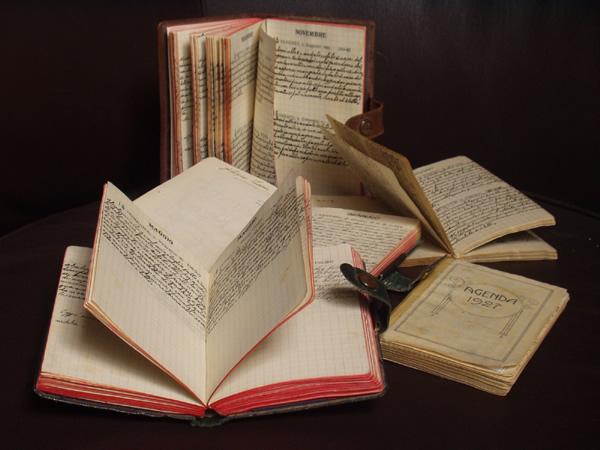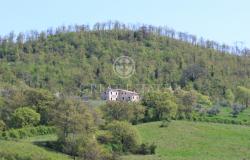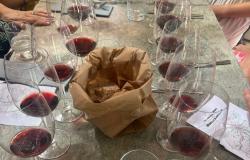Since 1984, upon entering the tiny Tuscan town of Pieve Santo Stefano, visitors have been greeted by two signs: below the official name sign is a yellow one that says: “Città del diario”, “City of Diaries”.
The town hosts in fact an extensive archive containing the writings of ordinary people, which provide a glimpse not just into their lives, but also into Italian history, as people witnessed events that shaped the country.
More than 7,000 pieces of writing, including journals, letters, memoirs, autobiographies, the memories of common people, were collected by Saverio Tutino, the man behind the National Diary Archive Foundation.
Many of the diaries collected by Tutino, himself a journal writer and a journalist, were entrusted to the municipality by the authors, while others were handed over to the foundation. Not all these writings are easy to understand, because many were written in dialect or by people who had little grasp of the Italian language.
The original project has even attracted the attention of the New York Times, which recently ran an article about it.
“Tutino believed that everyone is one of many, and together we become history,” Loretta Veri, the archive’s former director who raises funds to support it, told the New York Times. Tutino, who died three years ago, “used to say that we are privileged to hear the rustle of others, that paper voices always made a sound,” she said.
Their value seems greater today, when thoughts are perhaps too quickly posted on social media, than in the past. Among them is the diary of Clelia Marchi, initially written on a white bed sheet because she did not have paper, where she describes her life in the early 20th century; or the notes written by Orlando Orlandi Posti, a partisan of the Resistance movement imprisoned during World War II, who wrote to his family and girlfriend to warn them of impending raids by the Germans.
Every year in September, a contest is organized honoring the most compelling read. The winner gets published, while the other contestants’ writings become part of the archive, which therefore continues to grow.










